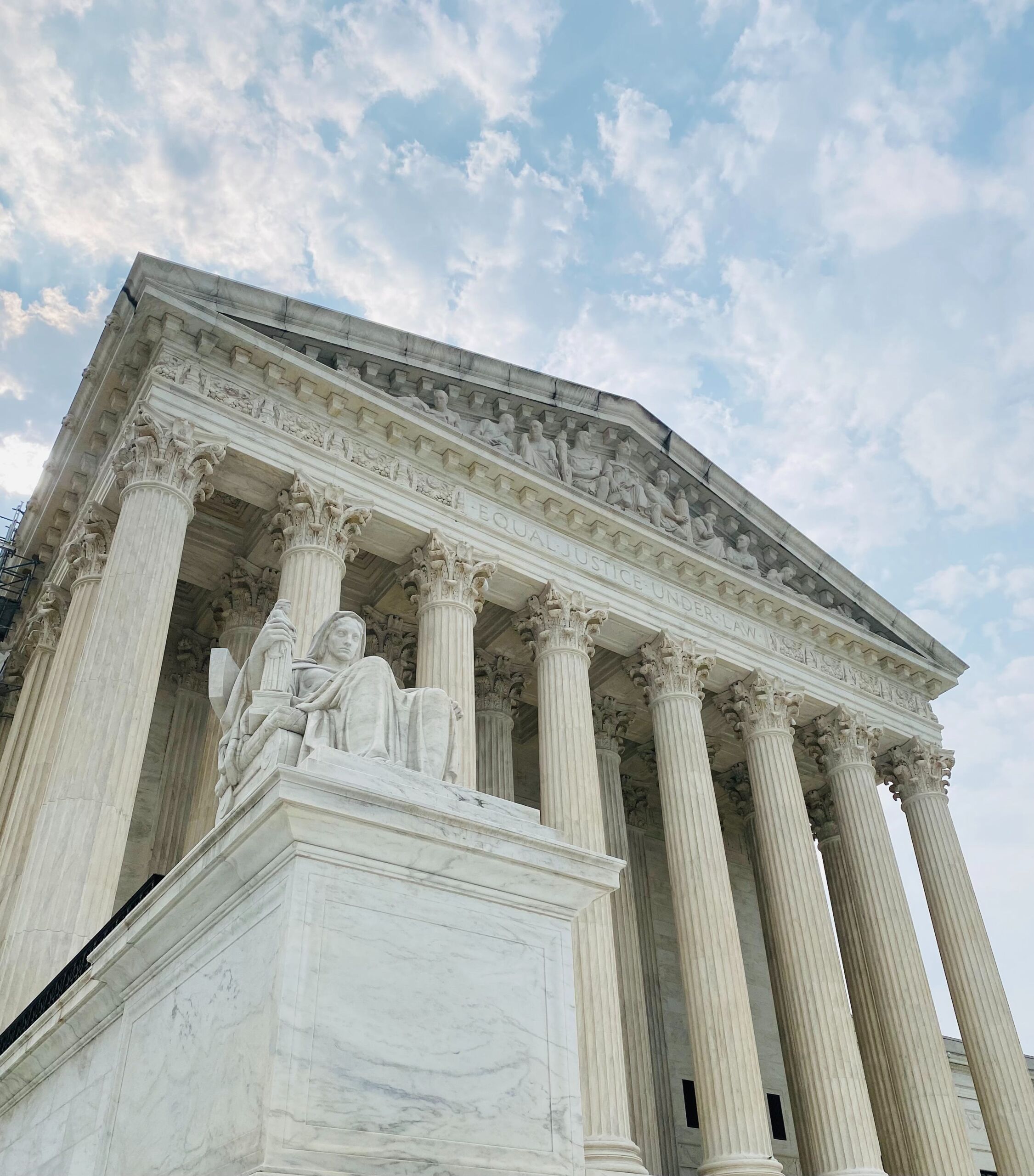Have questions about your potential legal case? Our Legal Leverage program has you covered!
 If you’ve been the victim of an FMLA violation, you may know that you can sue your employer. But if you decide to sue, can you win? And if you can win, will the damage awards you could get be worth filing the lawsuit?
If you’ve been the victim of an FMLA violation, you may know that you can sue your employer. But if you decide to sue, can you win? And if you can win, will the damage awards you could get be worth filing the lawsuit?
Unfortunately, there is no simple answer to these questions. Each situation and case is different. However, one woman’s case gives a good recent example of what damages are potentially available for violations of the Family and Medical Leave Act of 1993 (FMLA).
LaMonaca v. Tread Corp.

Valarie LaMonaca was the director of human resources for Tread Corporation. After having difficulty juggling the pressures of her job and family obligations, she had a tense discussion with the CEO of Tread on a Friday.
After Friday’s tense discussion, a series of e-mails and text messages over the weekend resulted in LaMonaca requesting medical leave under the FMLA on Sunday. On Monday, LaMonaca saw her doctor regarding the psychological stresses she was facing. That same day, LaMonaca was fired.
LaMonaca sued for violations of the FMLA. The key issue in the case was whether LaMonaca quit after her Friday discussion with the CEO of Tread. LaMonaca claimed she only mentioned that she was considering quitting, but Tread alleged that she quit during Friday’s discussion. This disagreement over whether LaMonaca quit during Friday’s discussion was Tread’s primary defense at trial.
A jury sided with LaMonaca, concluding that Tread interfered with LaMonaca’s FMLA rights and wrongfully retaliated against her for requesting FMLA leave. The judge in the case provided an additional award of attorneys’ fees and liquidated damages. The liquidated damages award effectively doubled the award that LaMonaca received.
Interference and retaliation are the two main causes of action provided for by the FMLA. Interference refers to an employer inhibiting an employee from exercising his or her rights under the FMLA. Interference is prohibited even when the employee only manages to attempt to exercise his or her FMLA rights.
Retaliation prohibits an employer from punishing an employee for requesting or taking FMLA leave. This punishment can include firing the employee or discriminating against the employee.
The FMLA: Damages Available
The FMLA is a prominent labor law that has been discussed numerous times, both on our website and across the Internet. Some of the topics we’ve addressed include “What Qualifies As a ‘Serious Health Condition’ Under the FMLA” and “Grandparents’ Rights Under the FMLA.”
One of the unique things about the FMLA is the damages it allows plaintiffs to recover. For example, plaintiffs can recover for back pay, front pay, attorneys’ fees, and liquidated damages.
Back Pay
Back pay damages are damages an employee gets for wages lost as a result of an employer’s FMLA violations. For example, if an employee were unable to work at his or her job for the two years from the date of the FMLA violation to the date when the employee’s case is decided, the employee is entitled to two years’ worth of back pay.
Front Pay
After the FMLA litigation is over, one of the remedies the employee can pursue is getting his or her job back. However, this isn’t always practical, especially if there is animosity between the employee and employer.
One of the things a court can do in place of awarding the employee’s old job back is to award front pay, which is compensation for lost future wages during the period where the employee might be unable to find an equivalent job for the foreseeable future as a result of the FMLA violations and subsequent litigation.
Front pay isn’t awarded as often as back pay, because it’s often harder to determine whether it’s warranted and to calculate.
Attorneys’ Fees
If the employee wins his or her FMLA lawsuit, he or she will be allowed to recover attorneys’ fees. An attorneys’ fees award can be significant, especially in long, drawn-out cases that go to trial.
Liquidated Damages
The FMLA is unique in that it allows employees to double their back and front pay by awarding liquidated damages. Liquidated damages also allow plaintiffs to recover interest and are the “default” in FMLA lawsuits. Unless the employer shows that its FMLA violations were made in good faith and based on reasonable grounds, liquidated damages will be awarded. Put another way, liquidated damages will be granted by default, unless the employer can prove it made an honest mistake when it violated the FMLA.
In the case of LaMonaca, Tread was unable to show that it acted in good faith or that its actions were based on reasonable grounds.
For additional information about the FMLA, check out our “FMLA 101” article and the U.S. Department of Labor’s “FMLA Frequently Asked Questions” webpage.
Summing It Up
- Two primary causes of action under the FMLA include interference and retaliation.
- FMLA interference occurs when an employer interferes with an employee taking or trying to take FMLA leave.
- FMLA retaliation occurs when an employer fires or discriminates against an employee for exercising his or her FMLA rights.
- An employee who suffers from an FMLA violation may recover back pay, front pay, attorneys’ fees, and liquidated damages.





